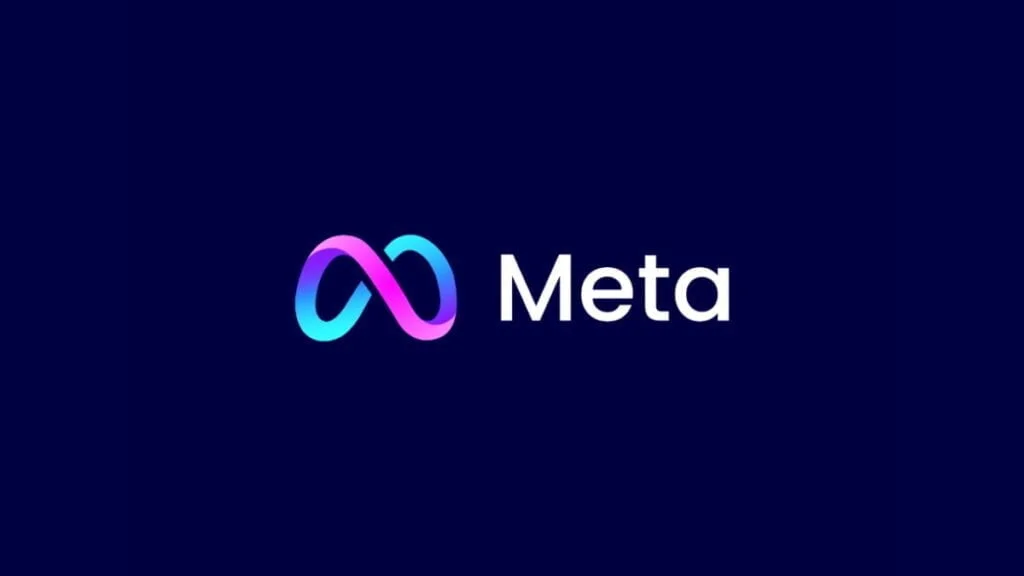Meta is focusing on investing in the metaverse and artificial intelligence while cutting costs in order to strengthen its economic model.

Mark Zuckerberg, the CEO and founder of Meta, made the announcement of the job cuts on March 14. He cited the need for the company to improve its technology and financial performance in light of the difficult U.S. economic environment.
According to Zuckerberg, operations would be streamlined, non-essential personnel would be eliminated, and lower priority initiatives would be abandoned.
He continued by saying that the company’s organizational leaders will present ideas for reorganization that would flatten the structure and reduce hiring rates.
Starting on March 15 and lasting for the following three months, layoffs will occur. The company intends to close about 5,000 vacant positions while reducing its workforce by about 10,000 people.
The technology team will likely experience layoffs and additional restructuring by late April, and the recruitment team at Meta is likely to be impacted.
In late May, the business team will undergo its final round of layoffs. Zuckerberg also cautioned that job cuts might continue throughout the year, even if it meant firing talented employees who had helped the business succeed.
In order to improve agility and efficiency, Meta intends to do away with multiple management levels and calls for a sizable proportion of managers to become individual contributors.
Stéphane Kasriel, the head of commerce and financial technologies at Meta, announced on March 13 that the company had decided to stop supporting non-fungible token (NFT) projects in favor of other initiatives that benefited content creators.
In the wake of Reality Labs’ staggering $13.7 billion loss, which was the cause of key metaverse projects, Meta will continue to support content creators who display their NFT collections on its social media platforms, but it will end unprofitable projects.
How much NFTs and web3 technology would be incorporated into Meta’s metaverse was never entirely clear. Although Zuckerberg highlighted the advantages of interoperability in the company’s demo video for its metaverse, the extent of web3 technology in Meta’s plans has not yet been specified.
Despite the fact that NFTs are seen as crucial by web3 metaverse builders for their vision of an open metaverse, tech behemoths like Microsoft and Meta have only shown interest in interoperable standards as opposed to embracing blockchain networks and assets.
As stressed in its most recent announcement and earlier declarations, Meta’s dedication to creating a metaverse is still strong. With a fresh focus on AI development taking primacy in the present digital scene, the business has constantly portrayed the metaverse as a long-term process.
Although NFTs are not Meta’s main area of concentration at the moment, the firm is nonetheless dedicated to its goal of a metaverse that will develop and influence how people interact online in the future.
